How does a contractor pressure gauge work?
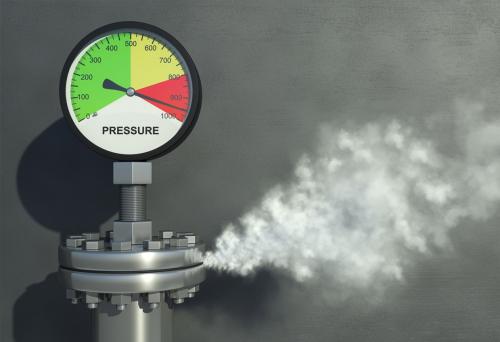
Contractor pressure gauges are indispensable tools in various industries, offering accurate measurements of pressure to ensure safety, efficiency, and reliability in operations. Jun Ying Instruments, a leading manufacturer in the field, produces high-quality pressure gauges renowned for their precision and durability. In this guide, we delve into the inner workings of contractor pressure gauges by Jun Ying Instruments, providing a detailed understanding of their functionality and applications.
The Basics of Contractor Pressure Gauges
What is a Contractor Pressure Gauge?
A contractor gauge is a mechanical device used to measure the pressure of liquids or gases within a closed system. It consists of several key components, including a pressure-sensing element, a Bourdon tube mechanism, a dial, and a pointer. These components work together to translate pressure into a readable output on the gauge's scale.
The Importance of Accuracy
Accuracy is paramount when it comes to pressure measurements, especially in industries such as construction, manufacturing, and engineering. Jun Ying Instruments understands this importance and ensures that their pressure gauges are calibrated to provide precise readings, enabling users to make informed decisions and maintain operational integrity.
How Does a Contractor Pressure Gauge Work?
Pressure Sensing Element
At the heart of a contractor pressure gauge lies the pressure sensing element, typically a Bourdon tube. When pressure is applied to the gauge through the pressure connection, the Bourdon tube deforms, causing it to straighten out.
Bourdon Tube Mechanism
The movement of the Bourdon tube is transmitted through a series of linkages to a pointer mechanism. As pressure increases, the Bourdon tube straightens further, causing the pointer to move correspondingly along the gauge's scale.
Dial and Scale
The gauge's dial features a calibrated scale that indicates the pressure units, such as psi or bar. As the pointer moves, it provides a clear and accurate reading of the pressure within the system.
Zero Adjustment
Pressure Connection
The pressure being measured is connected to the gauge via a fitting on the back or bottom of the gauge. This connection allows the gauge to accurately measure the pressure within the system it is monitoring.
Applications of Contractor Pressure Gauges
Construction and Building
In the construction industry, contractor pressure gauges are used to monitor the pressure of various fluids and gases, ensuring the safety and integrity of building systems such as HVAC, plumbing, and hydraulic systems.
Manufacturing and Industrial Processes
In manufacturing and industrial settings, pressure gauges play a crucial role in monitoring processes, detecting leaks, and maintaining optimal operating conditions in equipment such as boilers, pumps, and compressors.
Oil and Gas Industry
The oil and gas industry relies heavily on pressure gauges to monitor pressure levels in pipelines, wells, and refining processes, ensuring the safe and efficient extraction, transportation, and processing of hydrocarbons.
Conclusion
Contractor pressure gauges by Jun Ying Instruments offer unparalleled accuracy and reliability, making them indispensable tools across a wide range of industries. Understanding how these gauges work is essential for ensuring the safety, efficiency, and reliability of various systems and processes. With their precision engineering and robust construction, Jun Ying Instruments' pressure gauges are trusted by professionals worldwide for their exceptional performance and longevity.
Read Also...How to Calibrate a Forged Brass Case Pressure Gauge
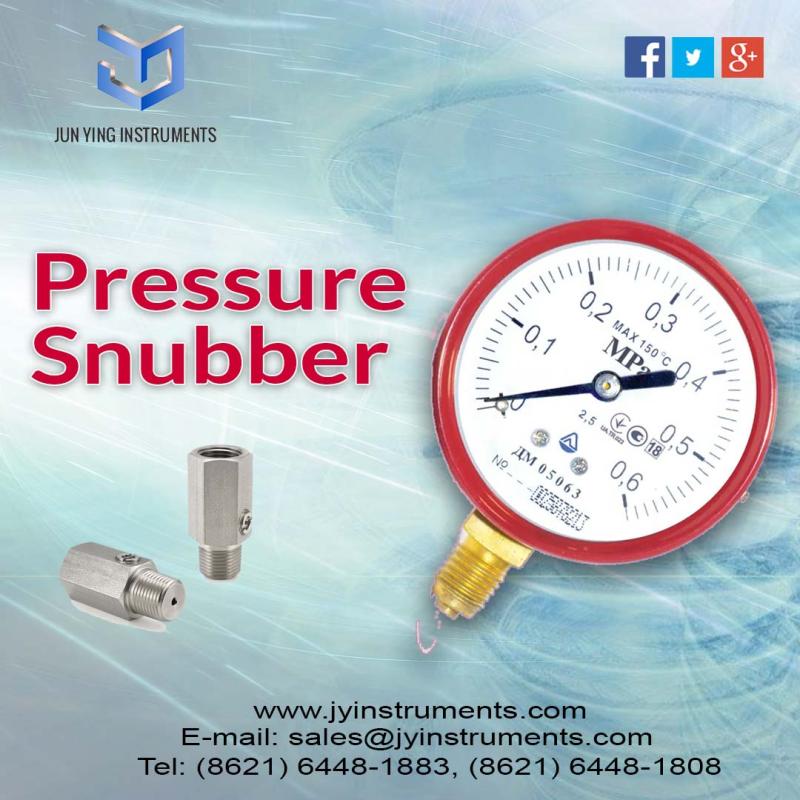
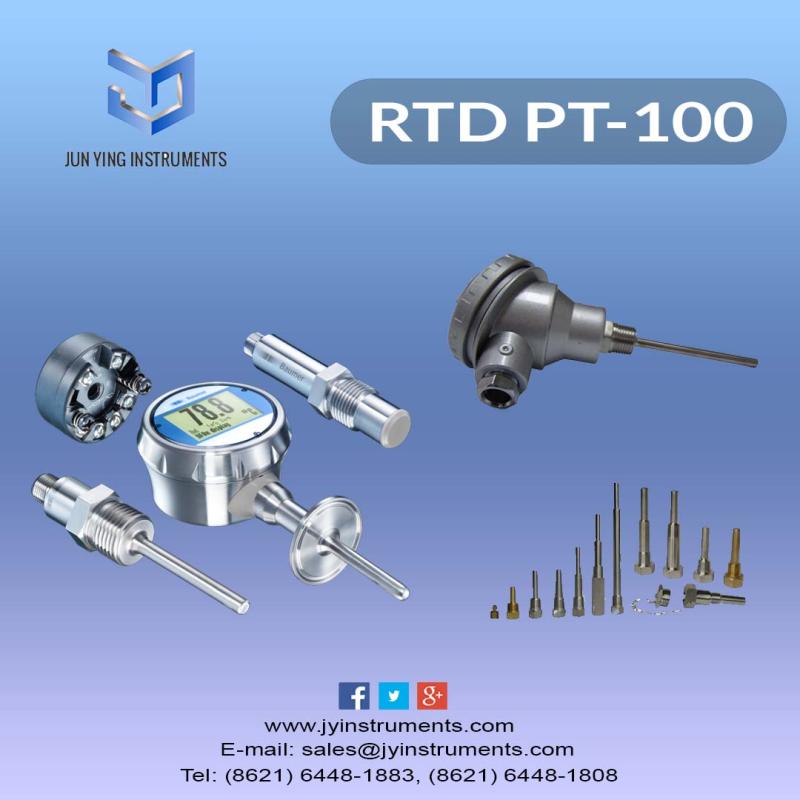
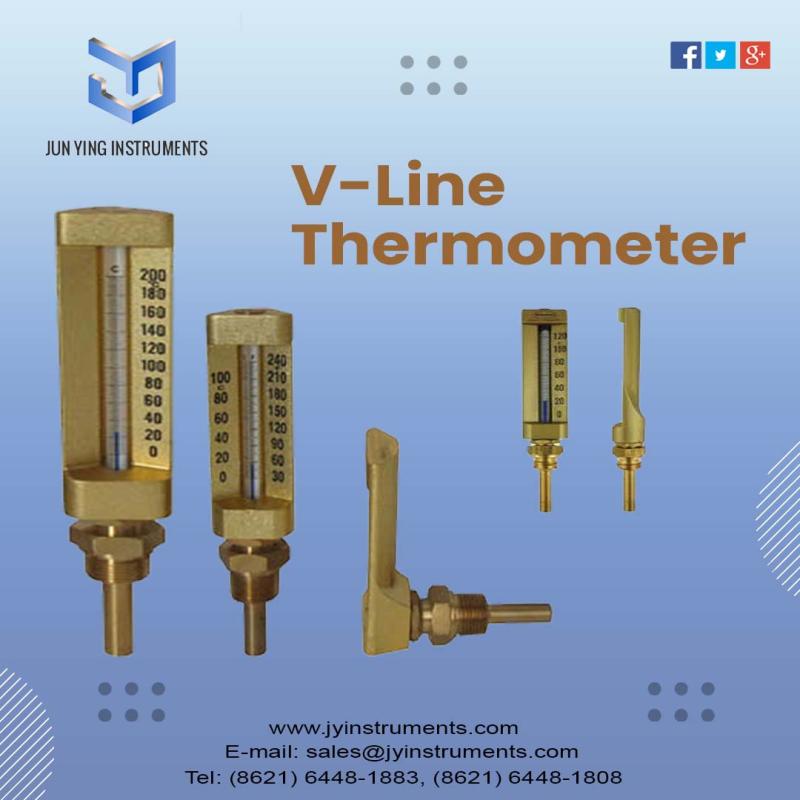
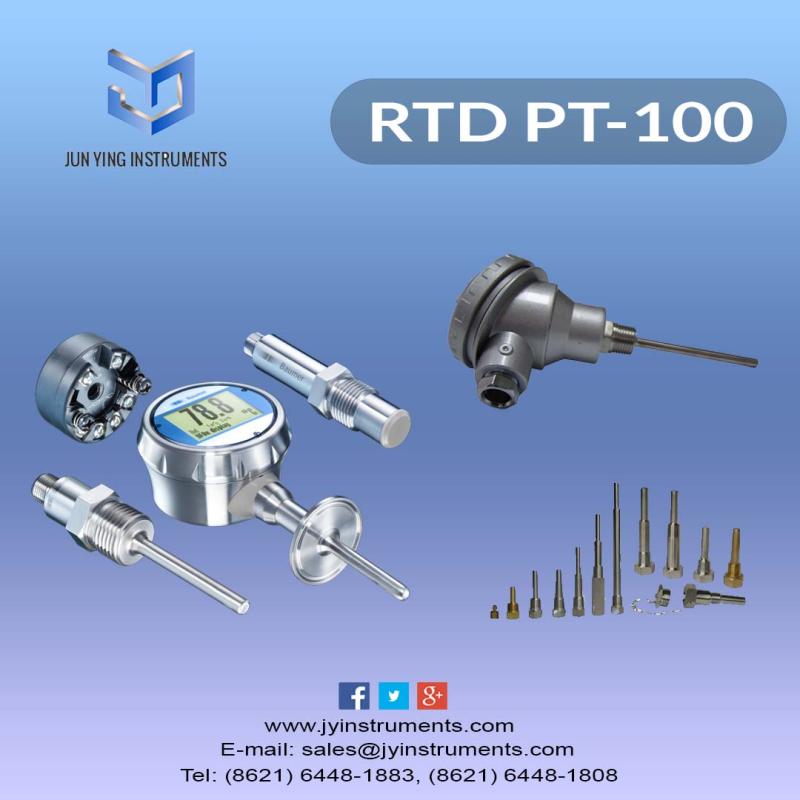
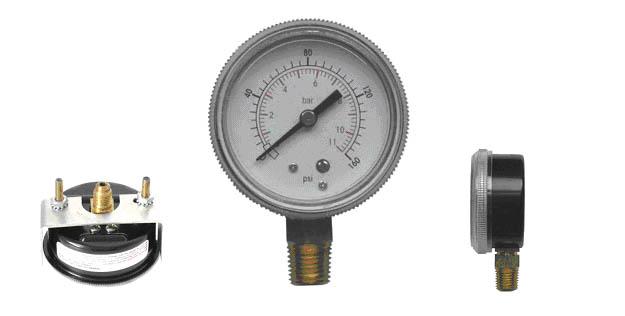
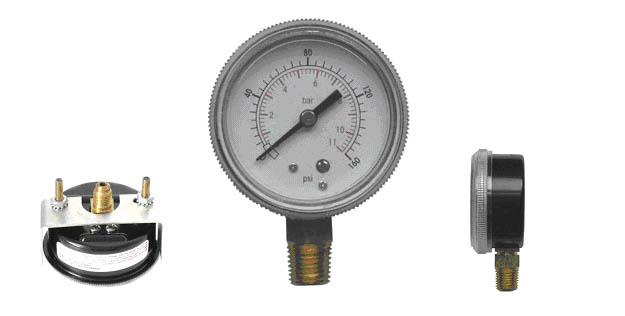
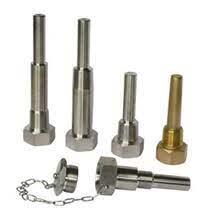
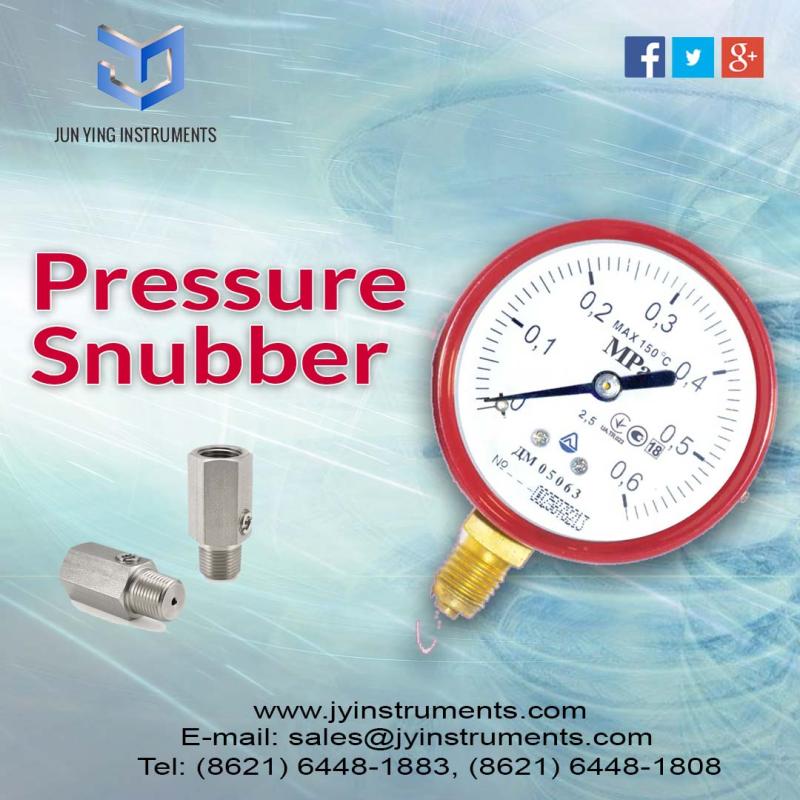

Comments